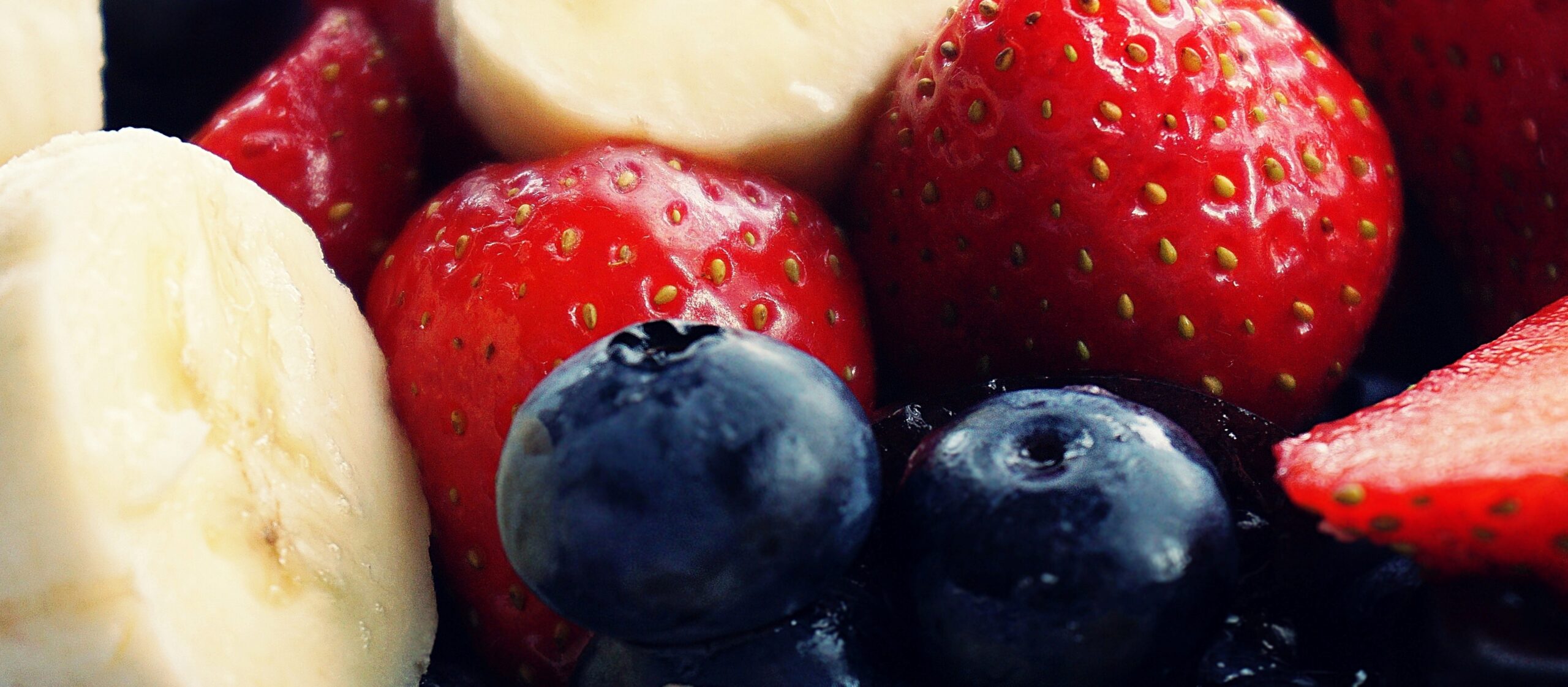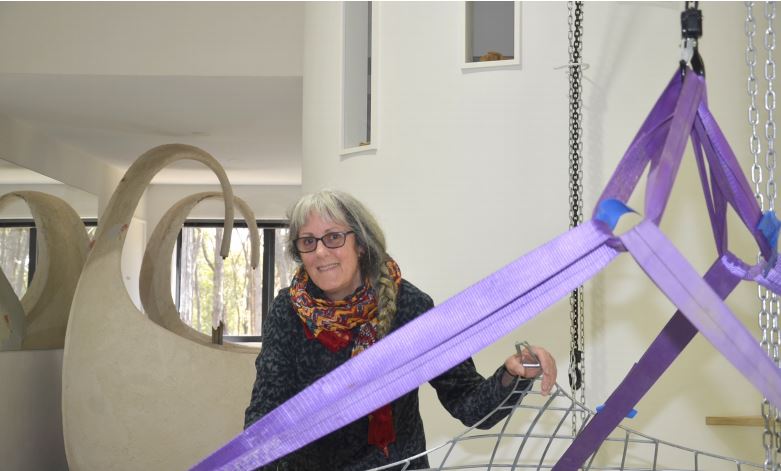March 20th, 2022Share the fruit not the flies
Share the overflow of fruit and vegetables from your garden with neighbours in jams or sauces this autumn and reduce the risk of spreading Queensland fruit fly (QFF).
Agriculture Victoria Statewide Fruit Fly Coordinator Cathy Mansfield said homegrown fruit and vegetables can look great on the outside but still be infested with maggots inside.
“Instead of sharing your backyard bounty fresh, cut it up and use it to make preserves or pastes as this will go a long way to stopping the spread of QFF around your neighbourhood,” Ms Mansfield said.
“Cutting open fruit and vegetables is one of the best ways to check for QFF, so whether you’re part of a big family sauce day or working solo in the kitchen keep an eye out for creamy coloured maggots inside your plums, peaches, quinces or tomatoes,” Ms Mansfield said.
To stop maggots from developing into adults, any infested fruit and vegetables should be sealed inside a plastic bag and placed in a freezer for two days or microwaved or boiled to kill any maggots.
Alternatively, double-seal fruit or vegetables inside two plastic bags and place in the sun for at least 14 days, then discard in your rubbish bin (not the green waste bin or your compost).
Queensland fruit fly can remain active in autumn, with some surviving over winter by sheltering in trees.
Keeping your garden free from unwanted fallen fruit and rotten fruit will stop QFF from breeding in your backyard.
Agriculture Victoria has provided a wide range of resources on its website to support home gardeners control QFF, including tips on monitoring, garden hygiene, netting, baiting, insecticides and trapping. Home gardeners can also seek advice and purchase QFF traps, exclusion netting, baits and insecticides from nurseries, home garden stores and online retailers. For more information including a list of host fruits and vegetables in your garden, visit agriculture.vic.gov.au/qff










